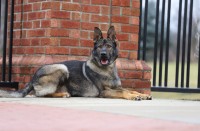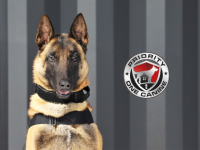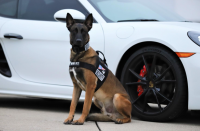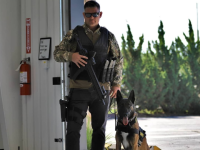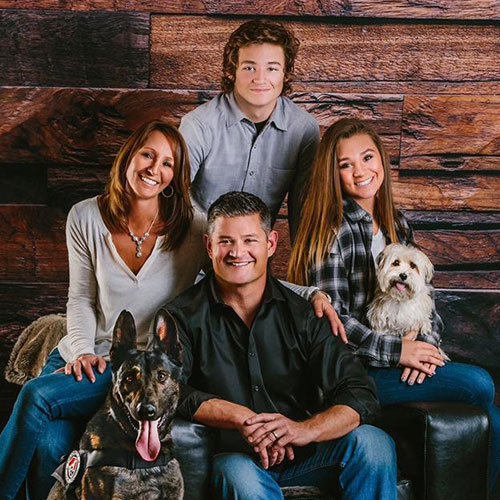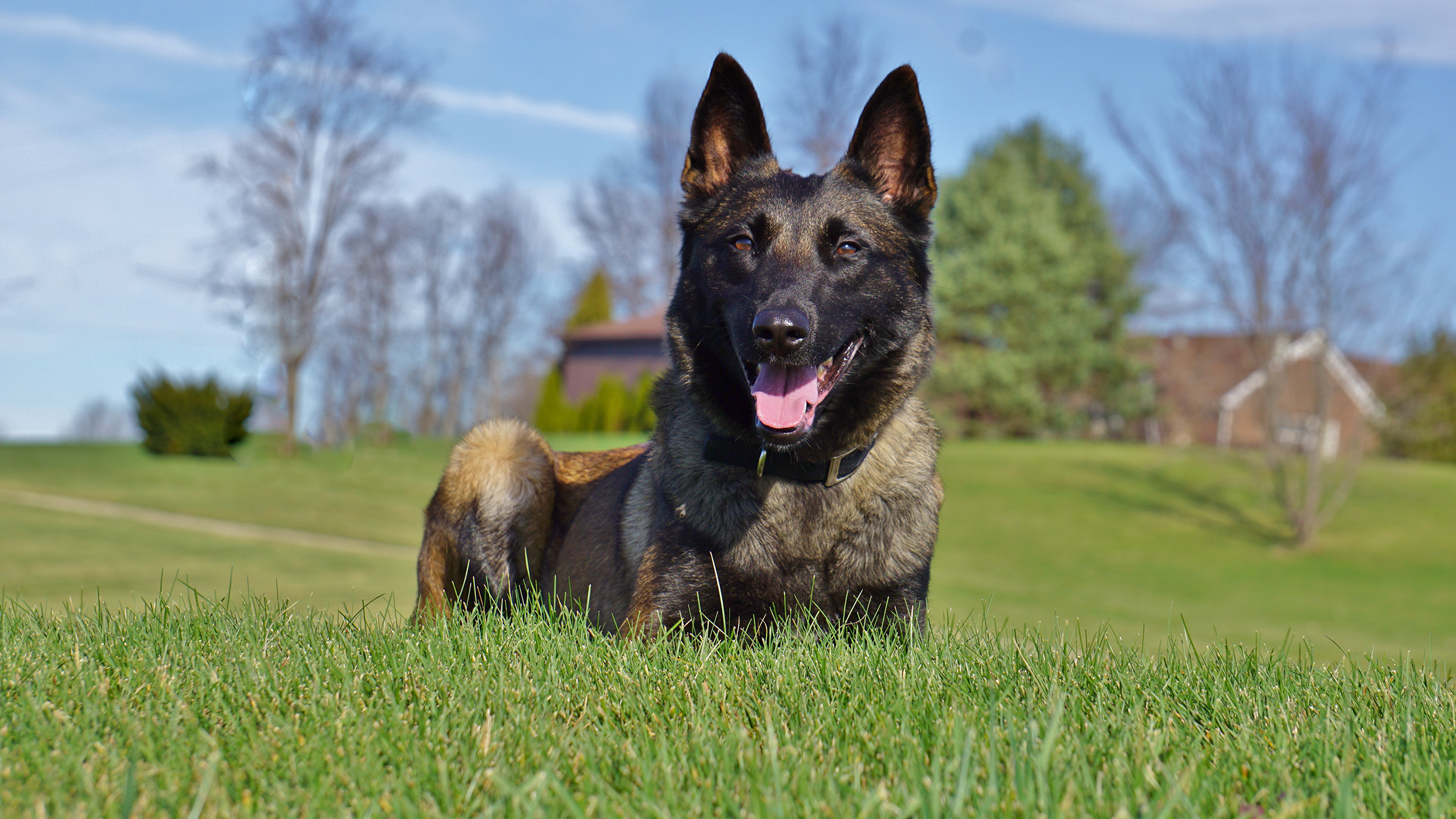
Can A Protection Dog or Bodyguard Dog Outperform A Human Bodyguard?
Last month we continued our look at how protection dogs work with alternative forms of home and personal security. Now we take a look at what a protection dog offers that a personal security guard/bodyguard cannot.
Animal Instincts Trump Human Instincts
Even a professional security guard cannot sense every threat to a home. There are certain instincts that protection dogs possess that humans simply do not. With these extra senses comes an ability to notify a homeowner of a potential threat much sooner than a security guard. In times of emergencies, seconds matter. Even an extra minute of notification of a threat can mean the difference between tragedy and protection.
Guard Dogs Are More Intimidating Than People
Believe it or not, a protection dog poses a much bigger threat to most intruders than does another human being. As humans, we know what to expect from other humans. We can predict their responses much better because we're familiar with how they behave.
On the other hand, a trespasser wouldn't know how an animal, particularly a protection dog, is going to respond. This fear of the unknown is often enough to intimidate an intruder far more than a security guard. Furthermore, an intruder might not even be aware that a protection dog is anything more than just a harmless family pet. He may be caught off guard and find that instead the animal is a highly skilled protection dog.
Out-of-shape Bodyguard or Stealthy Protection Dog
Protection dogs are very physically fit and have the capability to chase down an attacker or intruder much easier than a security guard. Speed, stamina, and agility are on the side of the protection dog and often far exceed those qualities in an intruder. The cost alone of a 24/7 personal bodyguard or security guard is astronomical. Add the expense to the drawbacks of having a relative stranger in your home and the pitfalls that human security protection carries, and a protection dog will seem like the obvious choice.
What is a Bodyguard Dog?
A bodyguard dog is a type of dog that is trained to protect and defend its human family or a designated individual. Individuals or families often use guard dogs with a higher risk of personal threat or attack, such as celebrities or high-ranking government officials. Security companies also sometimes use these dogs to protect events or buildings. Bodyguard dogs are typically highly trained and able to perform various tasks, such as detecting and deterring threats, escorting individuals, and even physically defending their human family if necessary. Bodyguard dogs are usually chosen for their size, strength, intelligence, and protective instincts.
What are the Best Guard Dog Breeds?
The best bodyguard dog is a matter of personal preference and depends on the specific needs and circumstances of the individual or family seeking protection. Some popular breeds for protection work include German Shepherds, Belgian Malinois, Doberman Pinschers, and Rottweilers, as these breeds are known for their intelligence, loyalty, and physical capabilities. However, any breed can make good guard dogs if properly trained and socialized. Ultimately, the most crucial factor in choosing a dog is ensuring that the dog has been trained by a reputable and experienced trainer, as proper training is crucial for a dog to be able to protect their human family effectively.
In our final installment in this series, we will take a look at how protection dogs battle against home security cameras. Spoiler alert: protection dogs beat security cameras by a mile!

